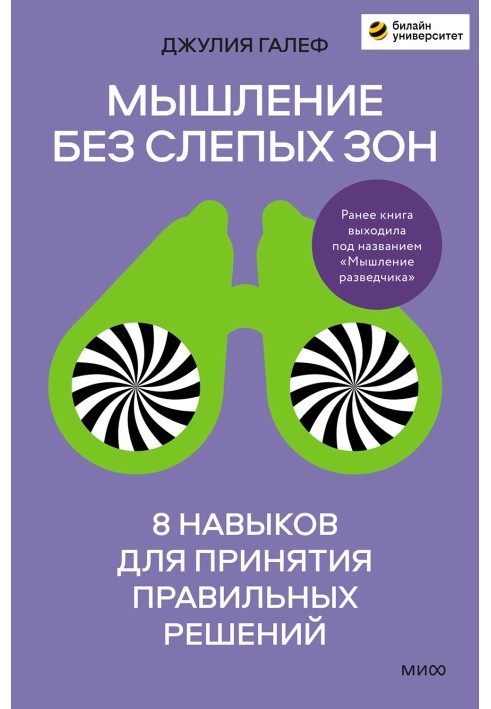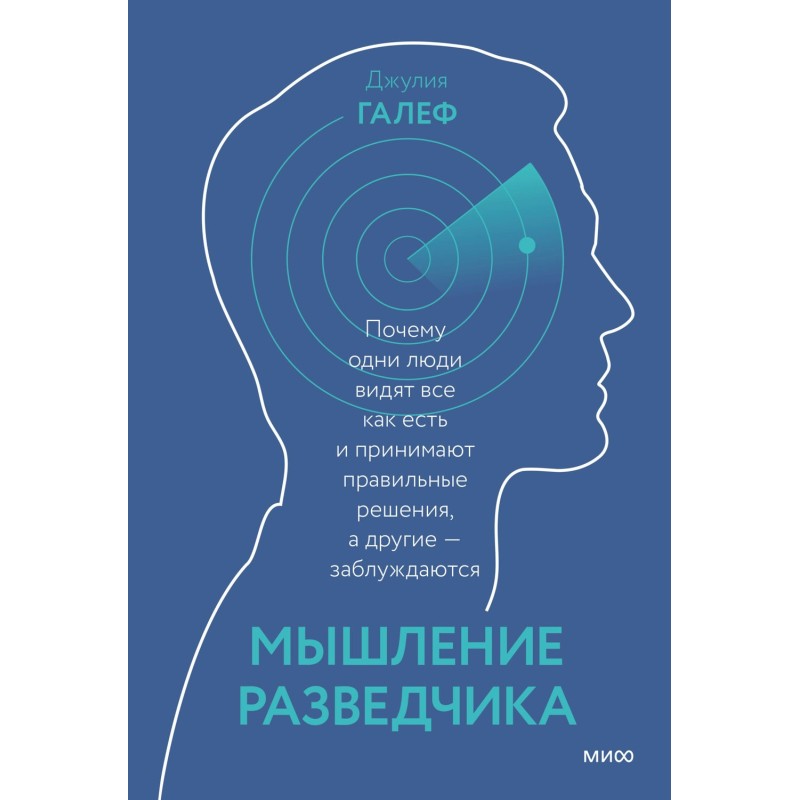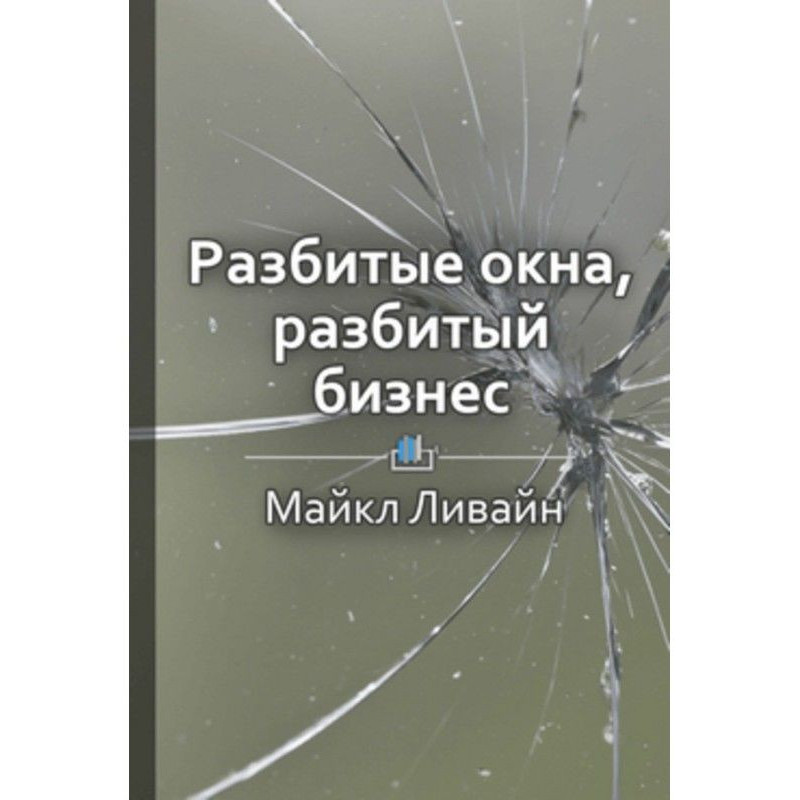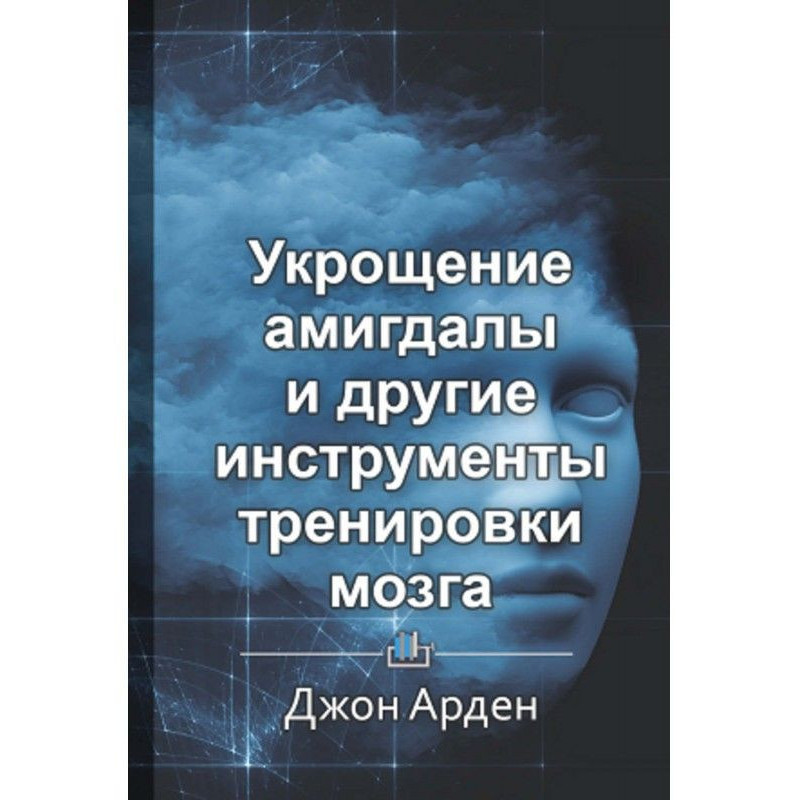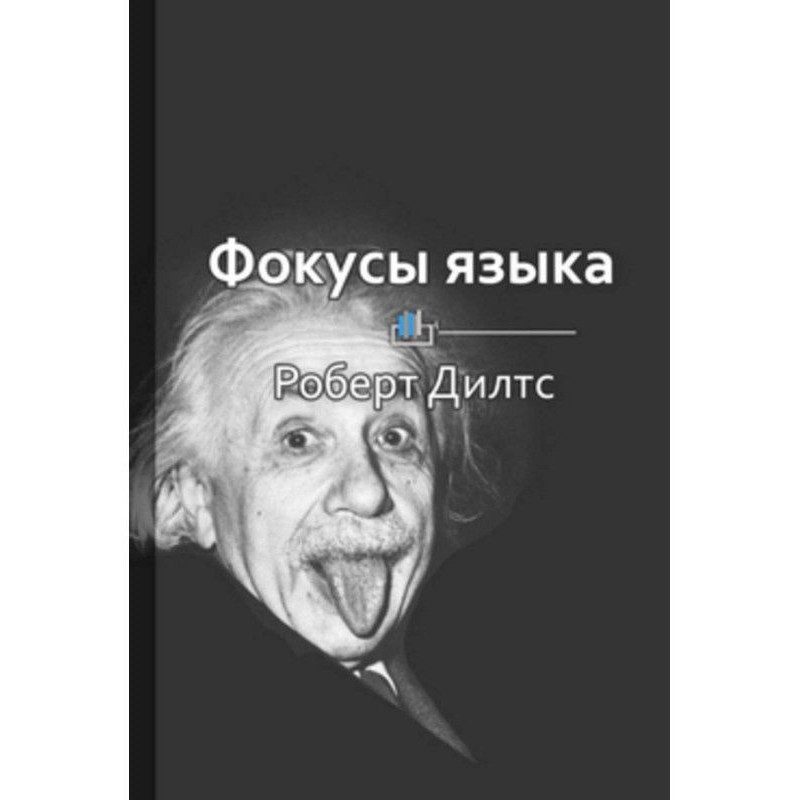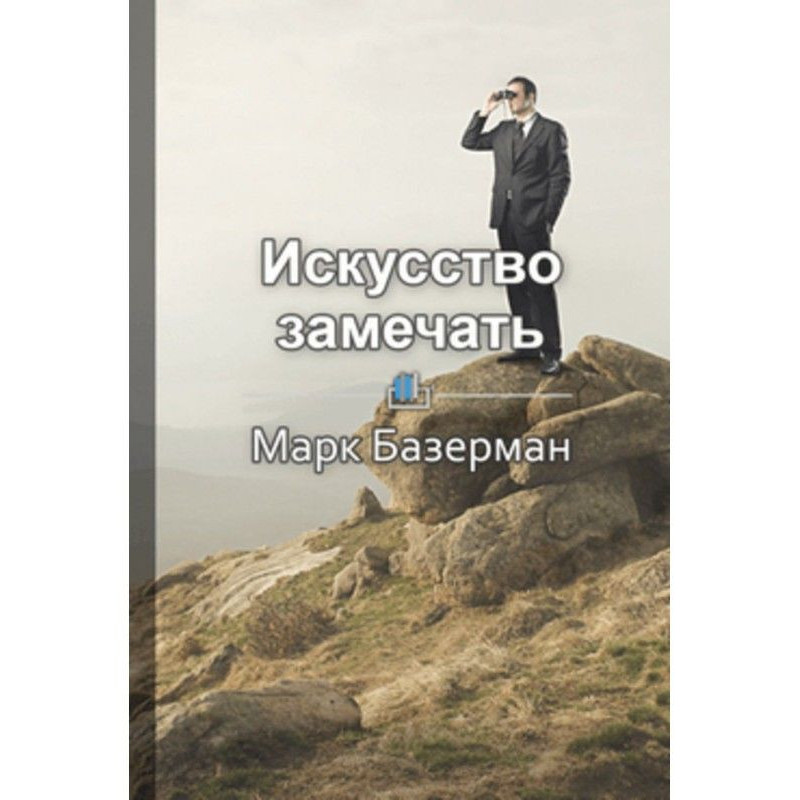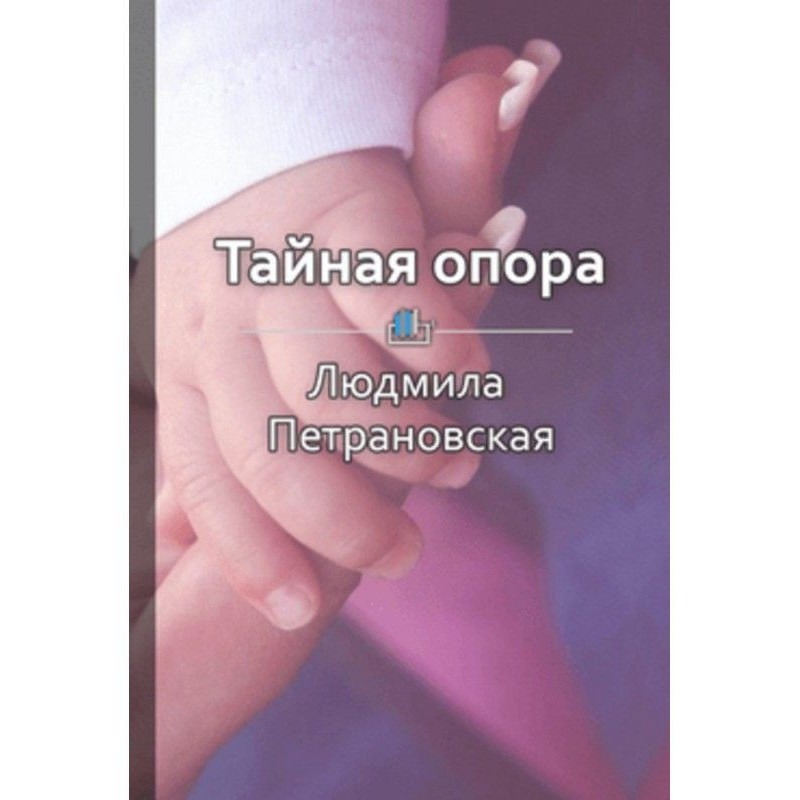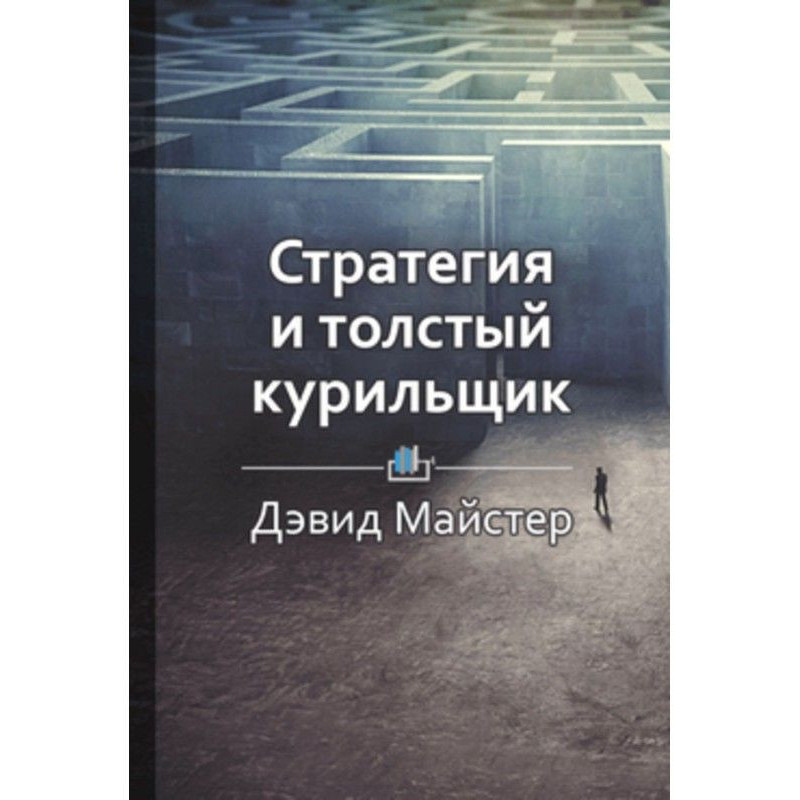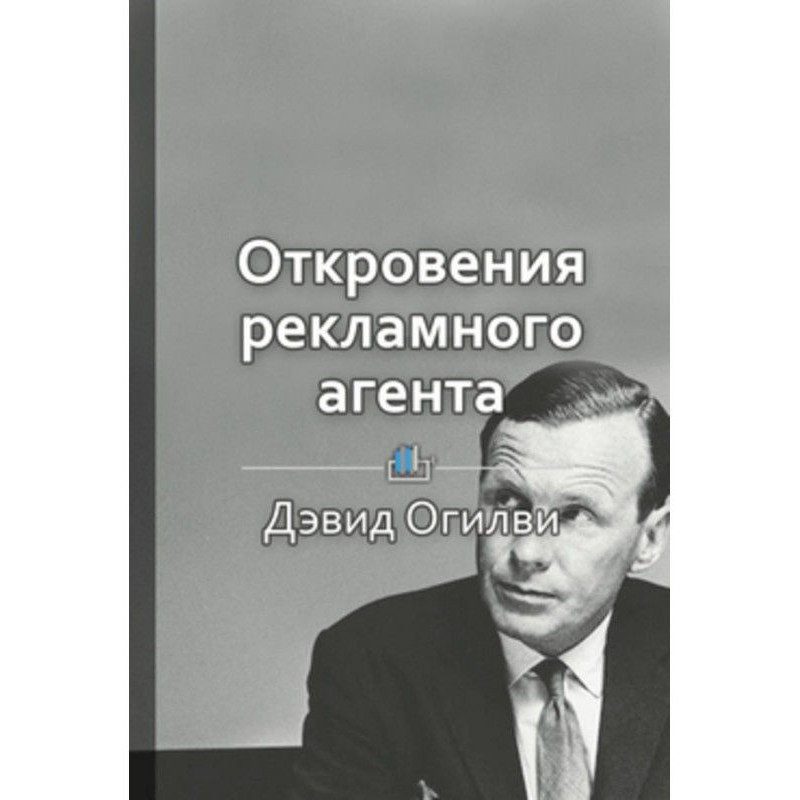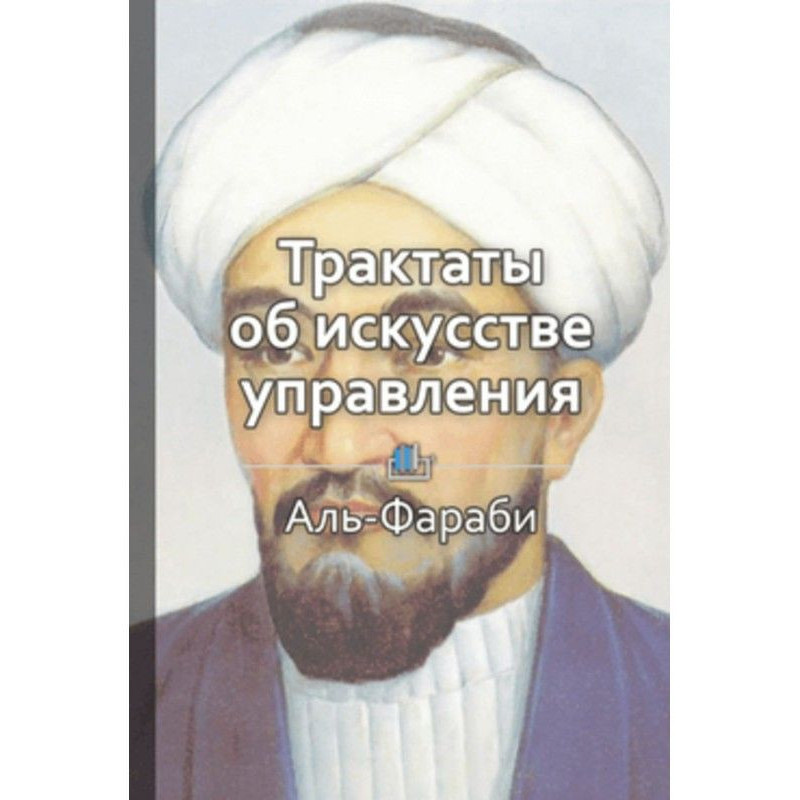Thinking without blind spots. 8 skills for making good decisions
 Instant download
Instant download
after payment (24/7)
 Wide range of formats
Wide range of formats
(for all gadgets)
 Full book
Full book
(including for Apple and Android)
Julia Galef, a recognized expert on rational decision making, shares how to deal with biased thinking and prejudices.
Have you ever caught yourself engaging in wishful thinking? Do you believe in some ideas without thinking and do not accept others, despite the arguments? Do you make decisions that you later regret?
If this is the case, then you have simply become hostage to a certain type of thinking that prevents you from thinking objectively. Julia Galef shows how the brain tricks us into making life easier, with stunning examples ranging from survival on a raft in the middle of the ocean to modern partisan politics to the ways Jeff Bezos avoids overconfidence. You will clearly see how the brain deceives us and what can be done to change the way we think.
This book is designed to teach you to think differently - to see things as they really are. This view will help you penetrate into the essence of events and consciously make the right decisions.
Who is this book for
For those who feel a large number of prejudices and want to get rid of them.
Who is this book for?
For those who feel a large number of prejudices and want to get rid of them.
For everyone who strives to look at the world more broadly.
From the author
We often look for rational excuses for our mistakes. But sometimes we admit our mistakes. We change our minds - not as often as we should, but, on the other hand, we might never do it at all. We are complex beings who sometimes hide the truth from ourselves and sometimes face it boldly. My book is about the less explored side of this coin: about those times when we manage not to deceive ourselves, and about what these moments of success can teach us.
We will take a journey into the worlds of science, business, activism , politics, sports, cryptocurrencies and survivalist culture. We'll paddle through the shallows of the seas of culture wars, mommy wars, and probability wars. Along the way we will find answers to riddles, for example: why did Charles Darwin feel unwell at the sight of a peacock's tail? What made a person who didn't believe in global climate change switch sides in this debate? Why were some participants in cult-like financial pyramids able to get out of the game in time, while others became victims?
This is an excursion into a different way of existence, based on a thirst for truth. It is very fruitful and gives great moral satisfaction, and also, in my opinion, woefully underappreciated. I am very glad that I can share it with you.
Previously published under the title “The Intelligence Mindset. Why do some people see everything as it is and make the right decisions, while others are mistaken?”
Data sheet
- Name of the Author
- Джулия Галеф
- Language
- Russian
Reviews
Відкриття нових горизонтів мислення
Книга Джулії Галеф "Мислення без сліпих зон" - це справжня знахідка для всіх, хто прагне покращити свої навички прийняття рішень. Авторка майстерно розкриває тему упередженості мислення, наводячи численні приклади з реального життя, які допомагають зрозуміти, як наш мозок може обманювати нас. Я була вражена, як просто і зрозуміло Галеф пояснює складні концепції, роблячи їх доступними для широкої аудиторії. Книга не лише теоретична, а й практична: вона пропонує конкретні стратегії для подолання упереджень і покращення критичного мислення. Я особисто знайшла багато корисних порад, які вже почала застосовувати у своєму житті. Рекомендую цю книгу всім, хто хоче навчитися мислити об'єктивно і приймати більш зважені рішення. Це не просто книга, а справжній путівник у світ раціонального мислення!

